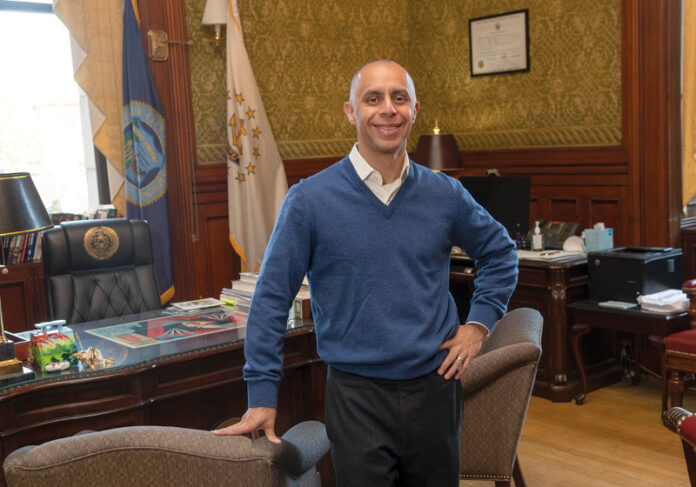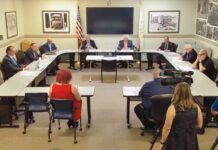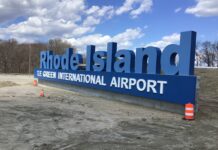
PROVIDENCE – Lofty visions for how to atone for centuries of racism and discrimination are becoming clearer, with a rough plan for how the city will spend $10 million on racial reparations.
Mayor Jorge O. Elorza unveiled the city’s proposed budget in a press conference on Thursday. The $10 million spending plan, which uses a portion of the city’s American Rescue Plan Act funds, sets dollar amounts for each of the programming recommendations put forth by the Providence Municipal Reparations Commission. The 13-member group in its final report issued Aug. 22 outlined a sweeping set of policies and programs the city can implement as a starting point for repairing systemic racism and bias. No mention of direct payments – traditionally associated with racial reparations – were mentioned in the report nor by Elorza on Thursday.
Instead, the city is seeking to make amends by helping Black, Indigenous and other eligible low-income residents to buy homes, start and grow businesses and train to find jobs.
Indeed, the largest allocation within the proposed reparations budget, $1.5 million, would go to helping small business owners start or expand their operations. The spending plan also sets aside $1 million apiece for a home repair fund, a home ownership and financial literacy program, paid workforce training, and to expand African heritage and Indigenous-owned media firms.
Also on Thursday, Elorza announced two new executive orders: one, based on the commission’s recommendation, issuing a formal apology for the city’s role in slavery, urban renewal and discrimination; and a second making the African American Ambassadors Group he started in 2020 a permanent fixture in the city.
The details come two two years after Elorza unveiled his plan for a three-part city reparations commission, which at time included few details on what form reparations would take, or who would receive them.
Community leaders, including those on the reparations commission, have stressed that their initial report and recommended programs are just the start to what will be a more extensive – and expensive – reparations process.
The proposed racial reparations budget will be reviewed by the City Council in the coming weeks.
Nancy Lavin is a PBN staff writer. You may reach her at Lavin@PBN.com.













I am 100% SUPPORTIVE of this!! This is the type of reparations that cities can do to address past discriminations against POC and indigenous peoples! Far better than direct payments and trying to figure out who gets what!
Nice job, Mayor Elorza!